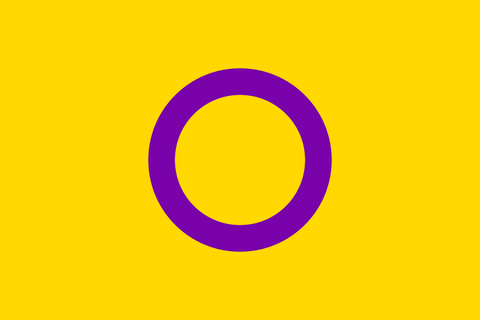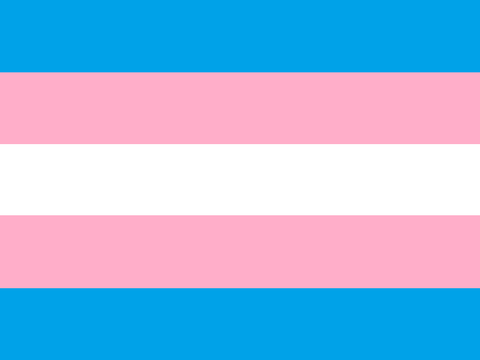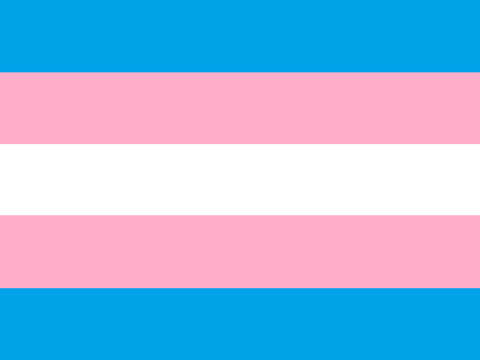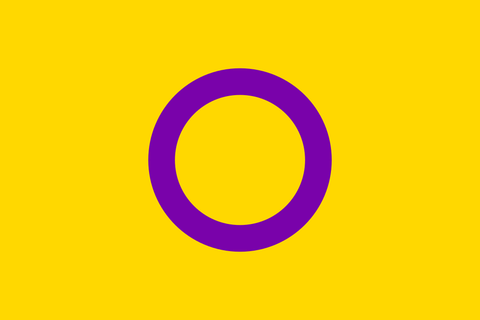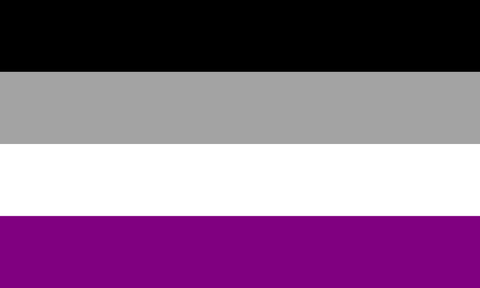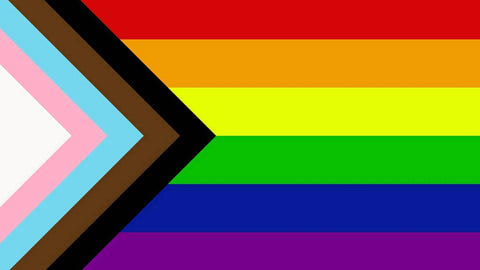How housing policies discriminate against and penalise LGBTQ+ couples in Singapore // LGBTQ+ Rights in Singapore
| Updated on
During this year’s National Day Rally speech, Prime Minister Lee Hsien Loong announced housing policy changes that will soon benefit queer Singaporeans. But beyond his slightly awkward smile and the semi-forced applause from his audience, nobody in the queer community seemed to stir or rejoice.
Heck, none of us seemed to really care at all.
The reason for that is simple: the changes announced are less than crumbs compared to the other housing policies that deeply discriminate against and penalise queer couples in Singapore.
For decades, housing policies in Singapore have systematically denied and delayed home ownership for queer couples. Today, let’s dive deep into these specific harmful policies, and explore how the state has continued to fail its queer citizens.
The housing situation for same-sex couples
About 80% of Sinagporeans live in Housing & Development Board (HDB) flats, which are subsidised public flats built (mostly) by the government. On the whole, Singapore has a successful public housing system, through which it managed to house many of its citizens in safe and high quality living environments.
But HDB’s overwhelming dominance over the supply of housing means that Singaporeans are at the mercy of their housing policies, which can determine whether you’re even eligible to buy a flat.
Here’s why HDB’s housing policies are extremely hostile to same-sex couples.

Same-sex couples are treated as “singles”
To begin with, same-sex couples are administratively treated as “singles”, because same-sex marriage is not just illegal here, but also explicitly voided under the Women’s Charter. (And yes, this applies also to marriages officiated in countries where same-sex marriages are legal.)
So even if a couple is in a loving, long-term relationship, they will be treated as “singles” so long as they’re a same-sex couple. [Note 1]
And when same-sex couples are classified as “singles”, it creates serious consequences on their ability to buy a new Built-to-Order (BTO) flat from HDB, or a second hand flat in the resale market.

BTOs: how housing policies penalise same-sex couples
BTOs are the most heavily subsidised form of housing in Singapore.
But same-sex couples need to both be at least 35 years old before they’re allowed to buy a BTO flat. Yes, you read it right: both “singles” need to be 35 or older.
In comparison, straight couples only need to be at least 21 years old, which means that straight couples get up to 14 years of head start in home ownership. This is an insane time penalty that’s imposed upon queer couples.
To give you a sense of how long that is: Imagine your straight couple friends getting their first home when Beyoncé first released Single Ladies, and you only getting yours (that's right, as two "single" ladies) when she's doing her Renaissance tour.
But that’s not all.
Same-sex couples are only allowed to buy the smallest 2-room flexi flats. These flats are small: between 36-46 square metres in size, or about 3-4 parking lots in our typical HDB carparks.
To put this another way, a 2-room flexi flat is about 0.15% the size of 26 Ridout Road’s land area (23,164 square metres).
A 4-room flat, which is the most common BTO flat size, is about 90 square metres, or about 8 parking lots.
How do the new housing policies change things for queer couples?
In the past, queer couples were only allowed to buy 2-room flexi BTOs from non-mature estates, which are generally less developed and have fewer amenities. Prime Minister Lee’s recent National Day Rally announcement made it so that queer couples could soon buy 2-room flexi BTOs from any estate. That’s literally all that has changed.
Imagine being in a canteen, and the PAP government steps up to announce that singles and queer couples could soon sit anywhere they wish, instead of only being allowed to sit at the most inconvenient seats. But they would still eat from only the smallest plates, and would still need to queue outside for up to 14 years before they could step into the canteen.
Such an announcement would feel less insulting if it were an email.
To wrap things up with BTOs, we’ll also need to address the income ceiling requirements. To qualify for a 2-room flexi BTO, a same-sex couple’s combined household income cannot exceed S$7,000. A same-sex couple at age 35 is expected to draw a combined median income of S$12,928 for men and S$11,552 for women (PDF report, Table 23), which disqualifies them from BTOs altogether.
In other words, couples who draw around the median income are forced to turn to the resale market to get their flat.

Resale flats: how housing policies penalise same-sex couples
Just like BTO flats, queer couples still need to be both at least 35 years old in order to buy resale flats.
And since resale flats are sold in an open market, the prices tend to be substantially higher than what BTOs would cost.
But how much higher?
Based on HDB’s own press statement in November 2022, comparable resale flats could cost between 25-179% more than a BTO flat of the same size in the same estate. And this is true across a wide range of housing estates: Bukit Batok, Tengah, Yishun, Queenstown and Kallang/Whampoa.
We don’t know what specific methodology HDB employed to derive their price comparisons, and their numbers are merely for illustrative purposes. But they clearly demonstrate that resale flats cost substantially more than BTOs.
To top it off, queer couples also face additional limits, such as being banned from buying Prime Location Public Housing flats in the resale market.
How do the new housing policies change things for queer couples?
They don’t.

Summary
To summarise, same-sex couples are only allowed to buy HDB flats up to 14 years after their straight counterparts, can only buy the smallest BTO flats (and will likely be disqualified if they earn a median level of income), will likely be forced to pay substantially more in the resale market, and face additional restrictions.
It’s undeniable that Singapore’s housing policies inflict severe time and financial penalties on same-sex couples. No matter how bad the housing situation is here (and it is pretty messy right now), queer couples are sure to have it much, much worse.
More needs to be done to give LGBTQ+ people in Singapore a fair chance at home ownership, so that they can feel like they truly belong in this country. But apart from a sense of belonging, safety is another reason why housing issues matter to the LGBTQ+ community.
Are you safe at home?
Housing is incredibly important to all of us, because it provides us with a safe space to rest and live in.
Unfortunately, a disproportionate amount of LGBTQ+ people in Singapore live with family members who may be abusive or hostile towards their queer identity. According to Sayoni’s survey during the 2020 COVID-19 lockdown period, about 20% of queer folks live in hostile family environments.
Something that doesn't get talked about enough in mainstream media is that, to queer folks who are most vulnerable, housing isn't just an aspirational milestone, but a necessary one if they wish to just feel safe at home.
Home ownership may be one of the PAP government’s crowning achievements in Singapore, but it’s clear that they have failed the LGBTQ+ community for decades. With recent revelations that some of our political elites live in plots of land larger than entire HDB neighbourhoods, it’s no wonder that the queer community feels an acute sense of betrayal and frustration.
What does it take for us to call Singapore home?
(Up to 14 years and 179% more money, it seems.)
Note 1: To be clear, HDB’s classification of “singles” doesn’t just include queer people and same-sex couples, but also includes actual single persons, widowed persons, orphans, and so on. Some of these groups, such as widows and orphans, have different eligibility requirements.

